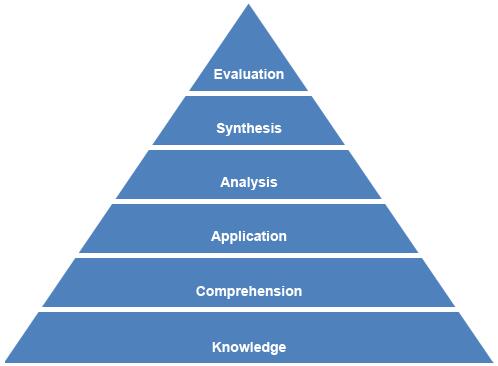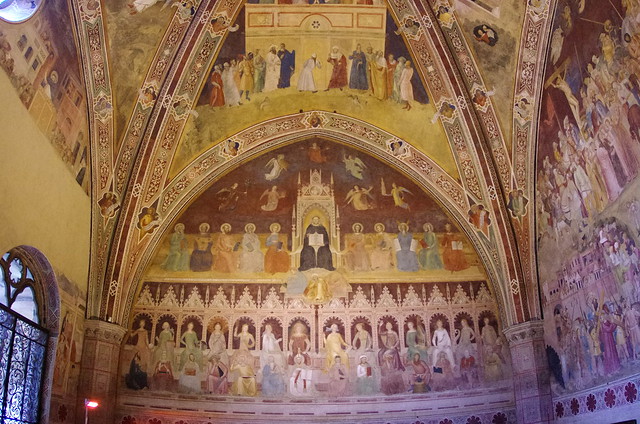Tag: classical education
-

Apprenticeship in the Arts, Part 4: Artistry, the Academy and the Working World
In his book So Good They Can’t Ignore You: Why Skills Trump Passion in the Quest for Work You Love, Cal Newport argues against the well-known Passion Hypothesis of career happiness. He describes the Passion Hypothesis as the idea that “the key to occupational happiness is to first figure out what you’re passionate about and…
-

Irrigating Deserts in Schools: The Redemption of Emotion in an Age of Feeling
In a world of sensationalistic news, propaganda, and emotions running in overdrive, our students need specialized training in how to navigate life’s challenges with wisdom. Dorothy Sayers and C.S. Lewis, two favorites in the classical education renewal movement, offered different, but related, educational solutions to respond to emotive and misleading propaganda. Dorothy Sayers, known for…
-
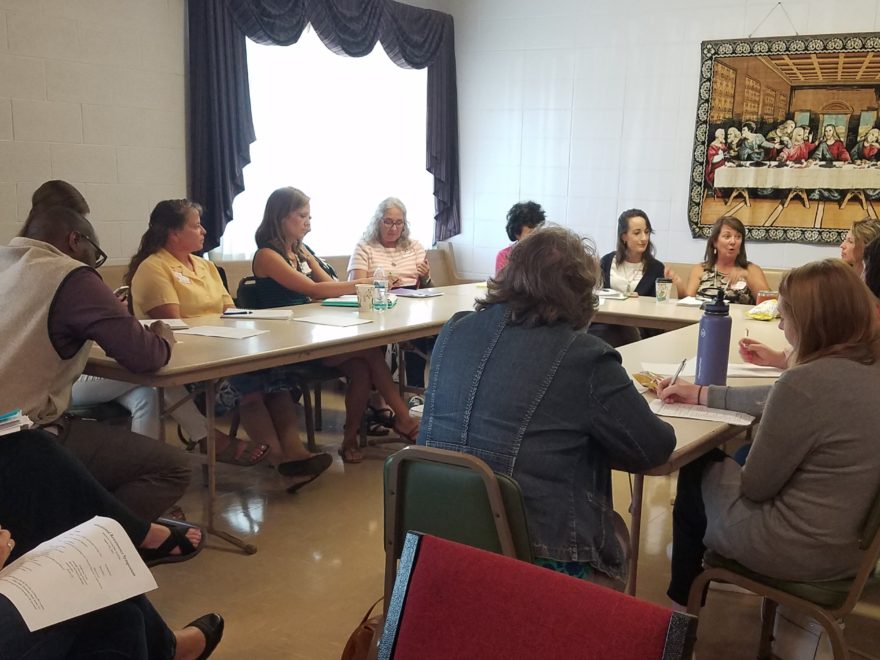
The Educational Renaissance Symposium 2021: A Digest
On Wednesday, August 4th we had our first annual Educational Renaissance Symposium hosted by Coram Deo Academy in Carmel, Indiana. It was exciting to welcome over sixty participants who heard keynote addresses from Educational Renaissance authors as well as attended great workshops by a variety of guests. The Symposium is a different kind of convention,…
-
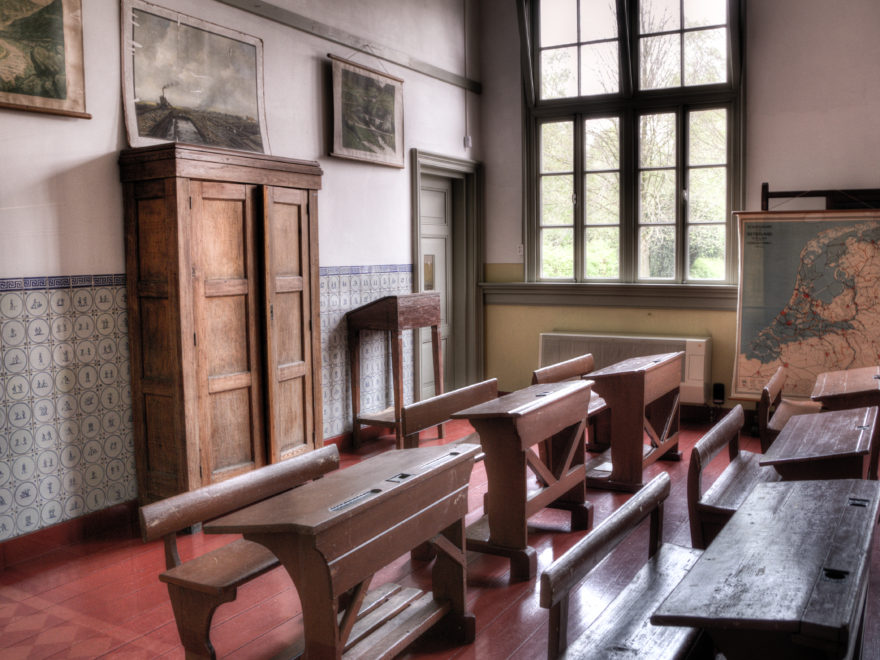
Why The History of Narration Matters, Part 1: Charlotte Mason’s Discovery?
I’ve decided to put the series on Bloom’s Taxonomy vs. Aristotle’s Intellectual Virtues on hold for a couple months after contracting with Classical Academic Press to film two courses in December for ClassicalU: one on narration and another on Charlotte Mason’s philosophy for classical educators. So I’m returning to the topic of narration and Charlotte…
-

Bloom’s Taxonomy and the Purpose of Education
One of the major themes in the classical education renewal movement has been to challenge the utilitarianism of modern education. The purpose of education, the argument has gone, is so much broader and more far-reaching than modern educators are making it out to be. It is not merely job training or college preparation, but the…
-
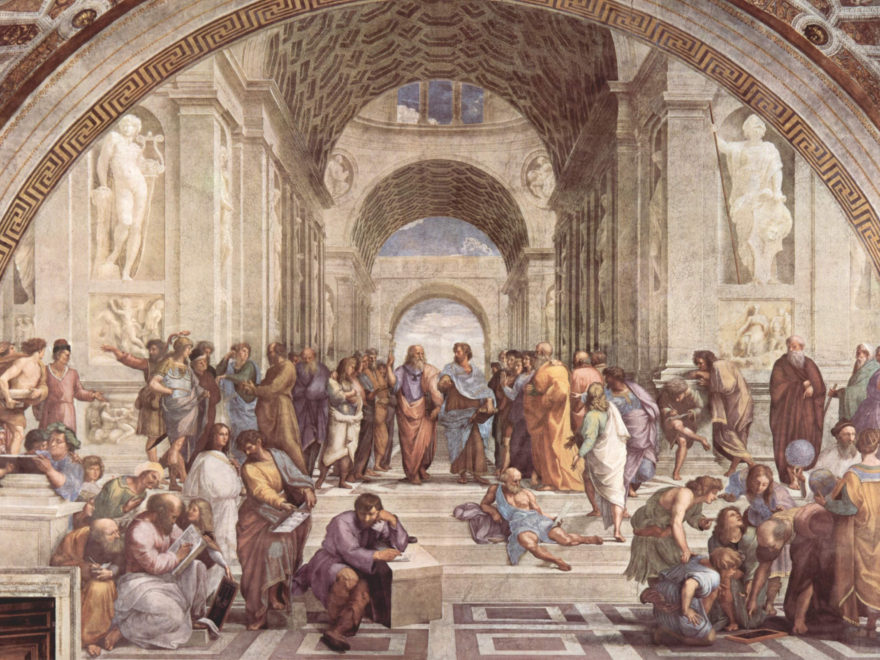
20 Quotable Quotes from the First Half of 2020 Educational Renaissance
At the end of 2019 we shared a series of memorable maxims from that year’s blog articles. As we transition toward the next half of 2020, we thought we’d do something similar and share 20 Quotable Quotes from Educational Renaissance articles January through June. These are longer block quotes that will whet your appetite for…
-

“Teach Like a Champion” for the Classical Classroom, Part 1: An Introduction
As classical educators look for tools and resources to strengthen their teaching practices, it can often be difficult to know where to turn. While the classical education renewal movement has led to a resurgence in a fresh vision for the purpose of education and even suggestions toward an ideal curriculum, the movement has not always…

